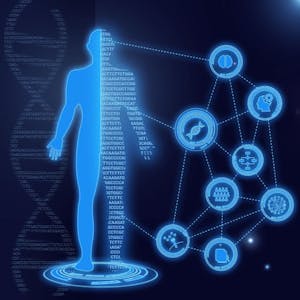Microsoft Azure Cosmos DB
About this Course
In this course, you will learn the fundamentals of database concepts in a cloud environment, get basic skilling in cloud data services, and build your foundational knowledge of cloud data services within Microsoft Azure. You will explore non-relational data offerings, provisioning and deploying non-relational databases, and non-relational data stores with Microsoft Azure. This is the third course in a program of five courses to help prepare you to take the Exam DP-900: Microsoft Azure Data Fundamentals, so that you can demonstrate that you have a foundational knowledge of the core database concepts in a cloud environment. This course is ideal for IT professionals who want to learn the fundamentals of database concepts in a cloud environment, get basic skilling in cloud data services, and build their foundational knowledge of cloud data services within Microsoft Azure with a view to taking up roles as Data Engineers and Database Administrators. It is also suitable for working database professionals looking for additional skills or credentials to showcase expertise in a cloud environment and IT professionals looking to specialize in the specific area of Azure data. To be successful in this course, you need to have basic computer literacy and proficiency in the English language. Successful Azure Data Fundamentals students start with some basic awareness of computing and Internet concepts, and an interest in extracting insights from data. It is an advantage to have experience using a web browser, familiarity with basic data-related concepts, such as working with tables of data in a spreadsheet, and visualizing data using charts.Created by: Microsoft

Related Online Courses
Course Description This course provides a comprehensive introduction to the field of management consulting, focusing on essential concepts, career paths, and core tools. Participants will explore... more
In this course you will learn a variety of matrix factorization and hybrid machine learning techniques for recommender systems. Starting with basic matrix factorization, you will understand both... more
This is the first of the three courses part of the Globalization, Economic Growth and Stability Specialization. This course will employ a non-technical approach to analyze how governments use... more
In this course, you will gain a solid foundation in Machine Learning (ML) and Python programming, which are essential skills for any aspiring data scientist. By the end of the course, you\'ll have... more
An increasing volume of data is becoming available in biomedicine and healthcare, from genomic data, to electronic patient records and data collected by wearable devices. Recent advances in data... more








